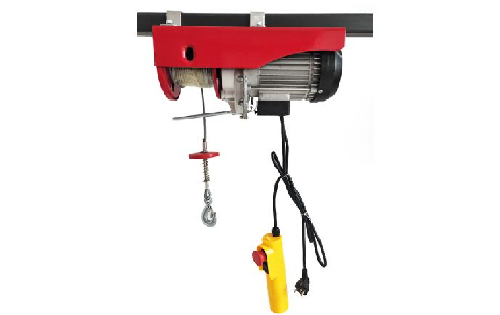


The Importance of Industrial Hanging Scales in Modern Manufacturing
Industrial hanging scales play a vital role in various sectors of manufacturing, logistics, and warehousing. As the backbone of weight measurement in heavy industries, these scales are designed to provide accurate and reliable readings, ensuring that businesses maintain optimal efficiency and safety. This article explores the key features, applications, and advantages of industrial hanging scales.
Key Features
Industrial hanging scales are specifically engineered to handle heavy loads, often capable of weighing objects ranging from a few kilograms to several tons. One distinguishing characteristic of these scales is their robust construction, made from durable materials like stainless steel or aluminum, which can withstand harsh environments and prolonged use. Many models also feature weather-resistant properties, making them suitable for outdoor applications.
A significant feature of industrial hanging scales is their precision. Most advanced models are equipped with digital displays and can provide measurements in various units, such as pounds, kilograms, or grams. This versatility allows businesses operating in different regions to utilize these scales without conversion hassles. Additionally, many digital hanging scales come with data logging capabilities, allowing users to record weight measurements over time for analysis and reporting.
Applications
The applications of industrial hanging scales are vast and varied. They are widely used in manufacturing facilities, where raw materials and finished products need to be weighed regularly. In sectors such as construction, agriculture, and metalworking, hanging scales help in handling materials like steel beams, sacks of grain, and large tools, ensuring that they adhere to safety and quality standards.

In logistics and freight industries, these scales play a crucial role in the shipping process. Accurate weight measurements are necessary for determining shipping costs, ensuring compliance with transport regulations, and preventing overload on vehicles. Moreover, in warehouses, hanging scales assist in inventory management, allowing companies to track stock levels efficiently.
Advantages
The use of industrial hanging scales offers numerous benefits to businesses. Firstly, their accuracy reduces the risk of operational errors that could lead to financial losses or safety hazards. With precise weight measurements, companies can optimize their resources and improve their overall productivity.
Secondly, hanging scales are often portable and easy to install, which enhances their usability in various settings. Businesses can move them around as needed, eliminating the need for permanent installations. This flexibility is particularly beneficial for operations that require on-the-go measurements.
Furthermore, the integration of modern technology in hanging scales, such as Bluetooth connectivity or compatibility with mobile devices, allows for better data management. Users can easily send weight readings to central databases or software applications for streamlined operations.
Conclusion
In conclusion, industrial hanging scales are indispensable tools in the modern manufacturing landscape. Their robust design, precision, and versatility make them essential for various applications, from weighing raw materials to shipping products. As industries continue to evolve and prioritize efficiency, the demand for reliable measurement tools like hanging scales is likely to grow. Investing in high-quality scales will undoubtedly provide businesses with a competitive edge, ensuring they operate safely and effectively in an increasingly dynamic market.



